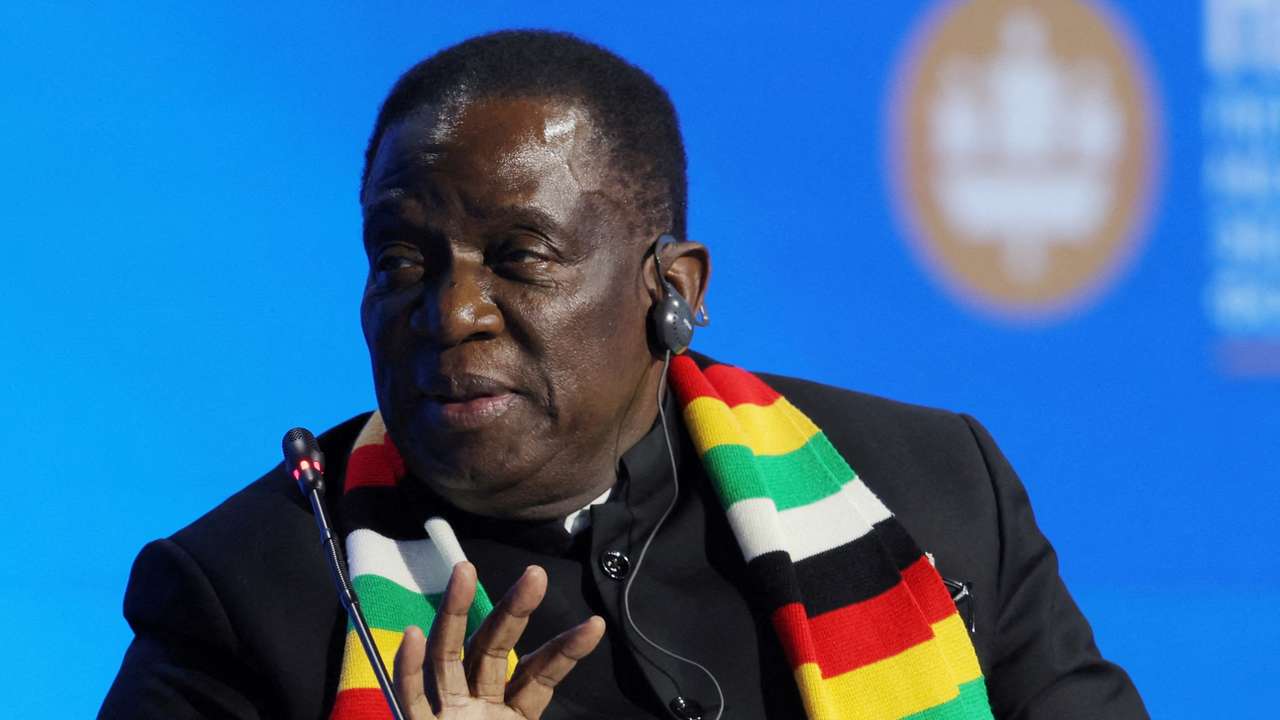World Bank commends Zimbabwe’s economic reforms, pledges support to stimulate economy

The World Bank has praised Zimbabwe for undertaking difficult but essential economic reforms and pledged to support the country’s efforts to re-engage with international financial institutions, clear its arrears, and reduce poverty.
Speaking at the African Development Bank annual meetings, World Bank country manager Eneida Fernandes said the bank remains committed to helping Zimbabwe achieve economic stability.
“The World Bank is engaged in this process (Structured Dialogue) to fully re-engage in Zimbabwe and provide the government with the necessary concessional financing to help accelerate growth and poverty reduction,” said Fernandes.
Adding that, “However, we would like to reinforce that sufficient progress under each of the three pillars of the Structured Dialogue Platform for arrears clearance and debt restructuring is critical to realise this.”
The three pillars include, economic growth and stability reforms, governance and land tenure reforms, compensation of former farm owners and resolution of Bilateral Investment Promotion and Protection Agreements (BIPPAs), Herald Online reports.
Fernandes called on Zimbabwe’s senior leadership to maintain commitment to these pillars, saying, “We press on Zimbabwe’s senior leadership to continue and reinforce their commitment to each of the three pillars, to ensure their prompt success.”
Finance Minister Mthuli Ncube said Zimbabwe is preparing for an IMF mission expected next week and hopes to initiate an SMP by July. “We are looking for sponsors who can give us US$2.5 billion bridge finance,” he added.
Fernandes acknowledged the costs of reforms, warning that they “are not without short-term sacrifices,” including spending cuts and tax hikes, which “are often borne disproportionately by the poor.” She noted the development of the National Social Registry (ZISO) as a positive step to help target social assistance to vulnerable populations.